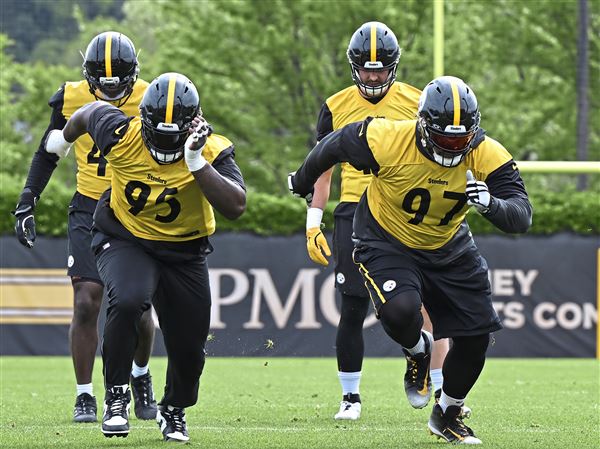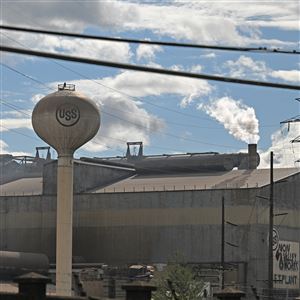LONDON -- Laying out a vision that could lead his country out of the European Union, Prime Minister David Cameron vowed Wednesday to negotiate a new relationship with the 27-nation trading bloc and put Britain's continued membership to a national vote.
In possibly the most important speech of his premiership so far, Mr. Cameron said many of his compatriots were fed up with growing centralization of power in Brussels, and that a new deal was necessary. He pledged to try to win concessions for Britain and then let voters pass judgment, by the end of 2017, in a referendum on whether they wanted to remain in the EU.
A withdrawal could jeopardize Britain's access to European markets and diminish its influence on the world stage, particularly its role as a bridge to Europe for the United States. But Mr. Cameron said the status quo was unacceptable to too many Britons, and that a fresh mandate from voters to stay in the EU was imperative.
"It is time for the British people to have their say. It is time for us to settle this question about Britain and Europe," Mr. Cameron said. "Democratic consent for the EU in Britain is now wafer-thin. ... That is why I am in favor of having a referendum."
He first must win another term as prime minister, in an election due in 2015. He said his Conservative Party will run on a platform making a plebiscite an immediate priority upon a return to power.
Such a referendum would be the first time in about 40 years that Britons will have had a direct say on their status within Europe, a topic that has inspired deep ambivalence in this island nation for decades. Former Prime Minister Winston Churchill used to say of Europe that Britain was "in it," but not "of it"; the nation's EU entrance in 1973 was a hand-wringing affair from the start.
Mr. Cameron emphasized his own support for Britain's continued EU membership, albeit on more favorable terms. The union offers free movement of goods and people across the world's biggest trading bloc, comprising 500 million people. "I am not a British isolationist, but I do want a better deal for Britain," he said. "I want the European Union to be a success, and I want a relationship between Britain and the European Union that keeps us in it."
But the prime minister sidestepped the question of whether he would advocate withdrawal instead if he failed to extract concessions for Britain from other EU nations. He also failed to specify which powers he wants to reclaim from Brussels, though many Conservative lawmakers have been exasperated by European directives in areas such as social and employment policy.
A few recent polls have shown more Britons favor exiting the EU than staying put. But the gap has narrowed in the last week or two, as the issue began to dominate headlines in advance of Mr. Cameron's speech and as high-profile business leaders and politicians stepped up warnings of adverse consequences of a pullout.
EU nations form Britain's biggest trading partner. Tens of thousands of Britons live and work in other European nations without need of a visa; conversely, Britain-based firms have enjoyed access to cheaper labor because of the migrant inflow from across the English Channel, especially from Eastern Europe.
"He is going to put Britain through years of uncertainty and take a huge gamble with our economy," Ed Miliband, leader of the opposition Labor Party, said Wednesday amid a raucous Parliament session. He accused the prime minister of "running scared" of the UK Independence Party, or UKIP, an explicitly anti-EU grouping whose brisk rise in the polls recently threatens to siphon Conservative votes.
First Published: January 24, 2013, 5:00 a.m.















